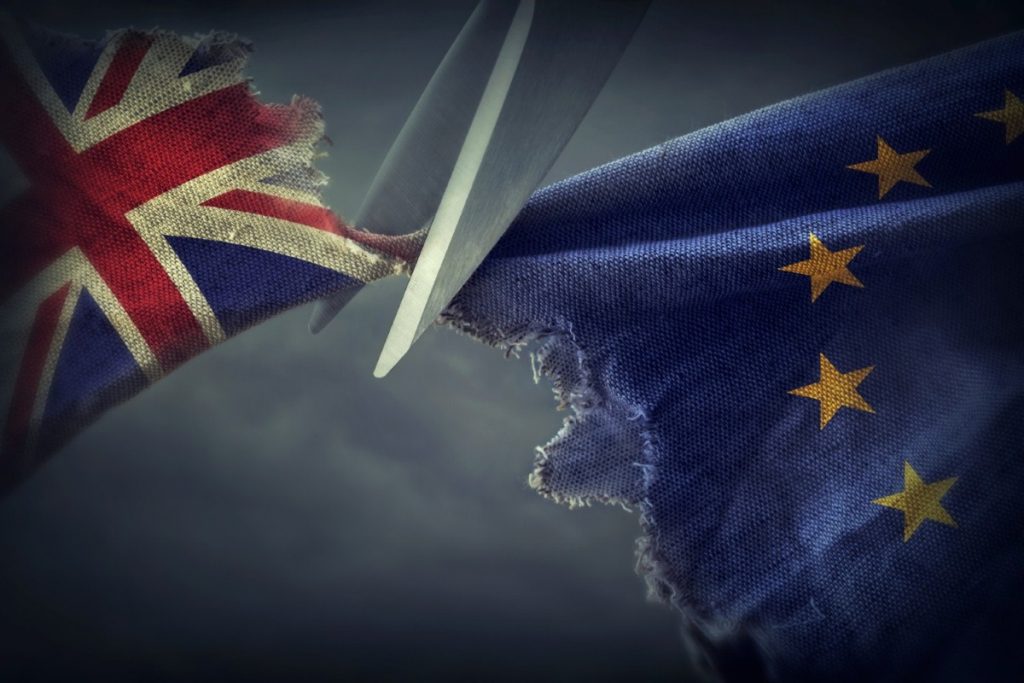Reduced immigration caused by the vote to leave the EU will cost the UK billions of pounds a year, the government's official spending watchdog said today.
The Office for Budget Responsibility (OBR) said the government would need to borrow an extra £16 billion by 2020/21 to make up for reduced tax intake caused by falling migration.
The estimate is based both on a tighter migration regime post-Brexit, as well as a reduction in the "pull factors" attracting migrants to the UK.
Once Britain has left the EU (expected by 2020) the OBR estimate the UK will need to borrow an additional £6 billion a year to make up for the decline in immigration.


The estimate assumes that the government will fall short of its promise of cutting imigration to the 'tens of thousands' a year. However, such a cut would lead to a much bigger impact.
The OBR also predict a further squeeze on household incomes due to the falling value of the pound since the vote in June.
"The fall in the pound will squeeze households' real incomes by pushing up import prices," they estimate.
"We expect the pound's fall to add almost two per cent to the level of consumer prices over the next two years, relative to our March assumption."
Wages will also flatline as a result, they suggest.
"Real earnings growth will consequently fall close to zero next year. That squeeze is expected to hold back real private consumption growth in 2017 and 2018."
Business investment is also expected to be lower than if Britain had voted to remain in the EU.
"The referendum result and forthcoming post-Article 50 negotiations have generated uncertainty for firms that will lead to some investment being postponed or cancelled," the organisation said.
Overall they suggest the Brexit vote will leave a £58.7 billion hole in the UK's public finances by 2020/21.

